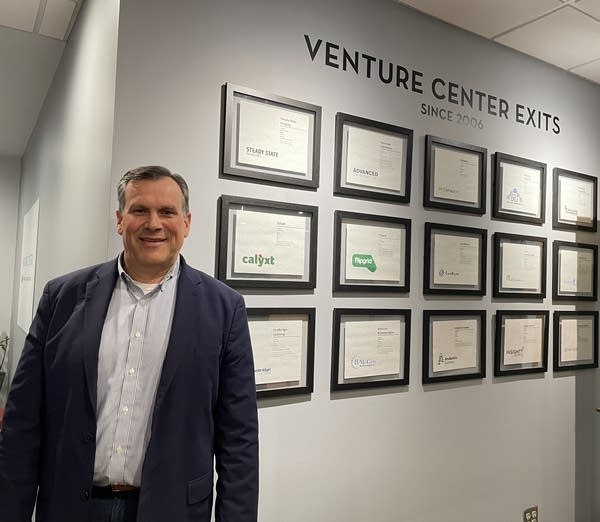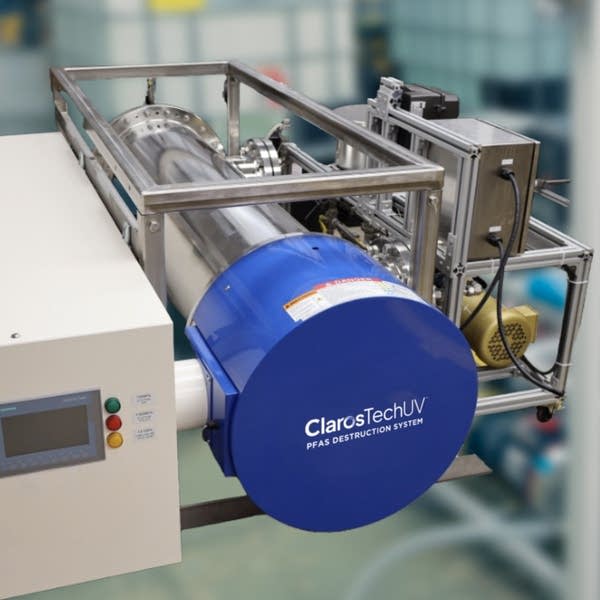Summary:
The University of Minnesota's Technology Commercialization Office has supported 285 startups since 2006, with nearly half the growth occurring since 2020
TechCom spun off a record 26 startups in the past year and aims to increase to 30-50 startups annually
University startups have raised $3.4 billion in outside capital and created 1,500 high-tech jobs, with 70% remaining in Minnesota
Claros Technologies exemplifies successful university spin-offs, licensing university patents to develop PFAS destruction technology
Three key drivers are pushing universities toward commercialization: entrepreneurship culture, reputation building, and unreliable federal funding
The University of Minnesota's Startup Surge
In the past five years, only four universities have spun off 20 or more startups annually. The University of Minnesota ranks among this elite group, cementing its status as a major player in academic entrepreneurship.
TechCom: The Engine Behind the Growth
The University's Technology Commercialization Office (TechCom) focuses on transforming research ideas into viable business prospects. Since 2006, TechCom has been involved with 285 startups, with nearly half of that growth occurring since 2020. Their initiatives span from protecting intellectual property to licensing inventions and backing startup companies.

Rick Huebsch, Associate Vice President for Research and Innovation at TechCom
"We're actually generating money and recurring revenue that we can then put into new startups and new research," said Rick Huebsch, Associate Vice President for Research and Innovation at TechCom. "And we have an ecosystem within the university that we can really help those startups."
Economic Impact and Job Creation
TechCom's work not only generates revenue for the university but also enhances the U's reputation as relevant to Minnesota's economy. This comes at a critical time when federal funding for university research faces uncertainty.
The startups originating from the University of Minnesota have collectively raised $3.4 billion in outside capital and created 1,500 high-tech jobs. Remarkably, nearly 70% of these companies remain in Minnesota, strengthening the local economy.

A Claros Technologies engineer works in the company's PFAS destruction and testing facility
Building a Sustainable Innovation Ecosystem
"Having a healthy ecosystem isn't having one or two people around. It's having a set of people so that when you need the talent, they're here. When you need to have people that understand intellectual property, they're here. When you're trying to build things like AI, you have people here," Huebsch explained. "It's kind of that great circle of innovation."
Case Study: Claros Technologies
The innovation circle includes companies like Claros Technologies, headquartered in Minneapolis. The company's proprietary technology focuses on destroying PFAS waste or "forever chemicals" - substances critical to manufacturing but linked to serious health problems.

ClarosTechUV™ PFAS Destruction System
"The kernel came from the University of Minnesota, and that is where my co-founder, John Brockgreitens, is from," said Michelle Bellanca, co-founder and CEO of Claros. The company licensed several patents from the university involving PFAS capture technology, marking the beginning of Claros.

Michelle Bellanca, co-founder and CEO of Claros
Why Universities Are Embracing Commercialization
According to Brian Rosenberg, former head of Macalester College and current visiting professor at Harvard Graduate School of Education, three key factors drive universities toward research commercialization:
- Entrepreneurship culture has become central to higher education, influenced by Silicon Valley's success and tech company valuations.
- University reputations need bolstering amid public skepticism about college costs and value, making startup spin-offs tangible proof of economic contribution.
- Unreliable federal funding has forced universities to seek alternative revenue sources, with startup monetization becoming increasingly attractive.
Record-Breaking Momentum
TechCom spun off a record 26 startups this past year, with ambitions to ramp up to 30-50 startups annually. This accelerated pace promises to significantly boost Minnesota's entrepreneurial ecosystem and solidify the university's role as an innovation powerhouse.





Comments